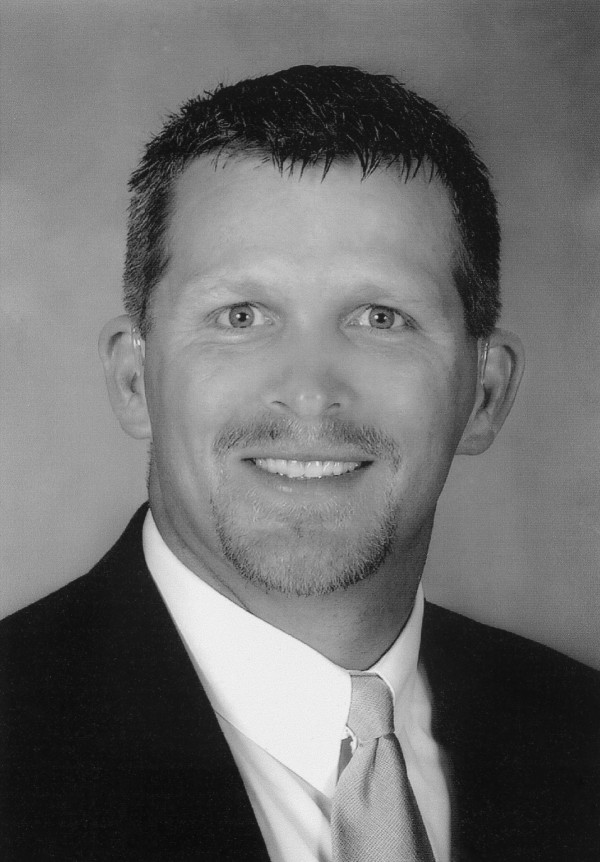
Cary Perkins
Cary Perkins was an exceptionally versatile player who made a significant impact on the Emory & Henry football team during his collegiate career. In honor of his accomplishments, he was inducted into the Sports Hall of Fame in 2004.
Though he was deaf since birth, Perkins did not allow what could be considered a handicap to hold him back. He made a name for himself as a wide receiver and return specialist, earning All-Conference Second-Team honors in 1989 and 1991 as well as First-Team honors in 1990. When Perkins graduated, he ranked sixth on Emory & Henry’s all-time list for career receptions (96), second in career yards per reception (18.1 yards), seventh in career yards receiving returns (1,714 yards), and fifth in all-purpose yardage (3,445 yards). He also held the school and conference record for career kick-off returns average (26.2), and in 1990 alone he had 579 kickoff return yards.
In 1992, starting quarterback Eric Montgomery broke his leg during a game against conference opponent Washington & Lee. With the team in a difficult situation, coaches called upon Perkins to take the helm of the offense, hoping that the athleticism and game sense he displayed as a receiver would be enough to convert him to an adequate temporary quarterback.
The Wasps beat the Generals that day and earned an undefeated regular season with Perkins at quarterback. The team went 11-1, won the Conference Championship, and became the South Region Runner-Up. Perkins was named ODAC Player of the Year and First Team All-ODAC Quarterback. That year, he was also the Dudley Award recipient, given annually to Virginia’s best college football player. Perkins is the only Division III player to have received this prestigious award.
In addition to football, Perkins also lettered in baseball and basketball, and was captain of the 1993 baseball team. During that season, Perkins hit .376 and led the team in stolen bases. His impact was recognized by Emory & Henry in 1993, when he received the Porterfield Award for his excellence in athletics as well as character, leadership, and service to the college.
Also in 1993, the Appalachian Independence Center, an agency that helps people with disabilities achieve maximum independence, presented Perkins with the President’s Award in recognition of his community leadership as a role model for people with disabilities.
